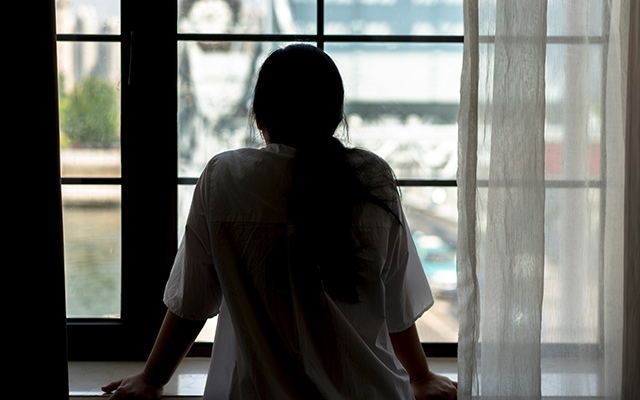
With busy schedules, some quiet time alone may seem like a welcome break, but growing research shows that chronic loneliness can have negative effects on both our mental and physical health. Conditions such as obesity or diabetes are both serious and widespread, but several extensive studies over the last few years have shown that the potential effects of loneliness on overall health, including depression, heart disease and cognitive decline, can be an even greater hazard to your health. Although most studies of the effects of loneliness have looked only at older people, an analysis of 70 studies that included 3.4 million people of all ages found that loneliness peaks in adolescents and young adults, then rises again as people age, into their eighties and beyond.
One study found that the health effects of loneliness were comparable to the risks associated with smoking, excessive alcohol consumption and obesity. Why? Being in the physical presence of others may affect our levels of cortisol, or stress hormones. Being socially connected to others can also play a protective role, encouraging us to adopt healthy eating habits or engage in pleasing activities while avoiding negative behaviors like watching too much TV.
Of course, most everyone may feel lonely from time to time, but feelings of loneliness that persist are cause for concern. In our fast-paced world, there are many factors that contribute to loneliness, such as feeling overwhelmed, or having erratic sleep schedules or physical limitations that prevent you from socializing. In addition, while there are more opportunities than ever to connect electronically, social media platforms often offer superficial connections that can be isolating, causing many people to become accustomed to only engaging with the world through a screen.
Loneliness can leave you feeling overwhelmed and helpless, but there are small steps you can take to connect with others.
Ease Your Mind with Sleep
Developing a regular sleep pattern—7 to 9 hours per night–can lower stress levels, which can help you feel less anxious about connecting with others.
Reach Out–Slowly
Meeting a friend for a walk, a movie or dinner is an easy way to socialize meaningfully, and gives you the opportunity to strengthen connections and share your thoughts.
Try a New Hobby
Participating in an activity in a group setting, such as a knitting group or a cooking class, allows you to do something you enjoy, while engaging with people with like-minded interests.
Consider Volunteering
Contributing a skill or time to a worthy cause is a great way to clear your thoughts, help others and make an impact in your community.
Sources: WebMD, Heart (BMJ Journals)